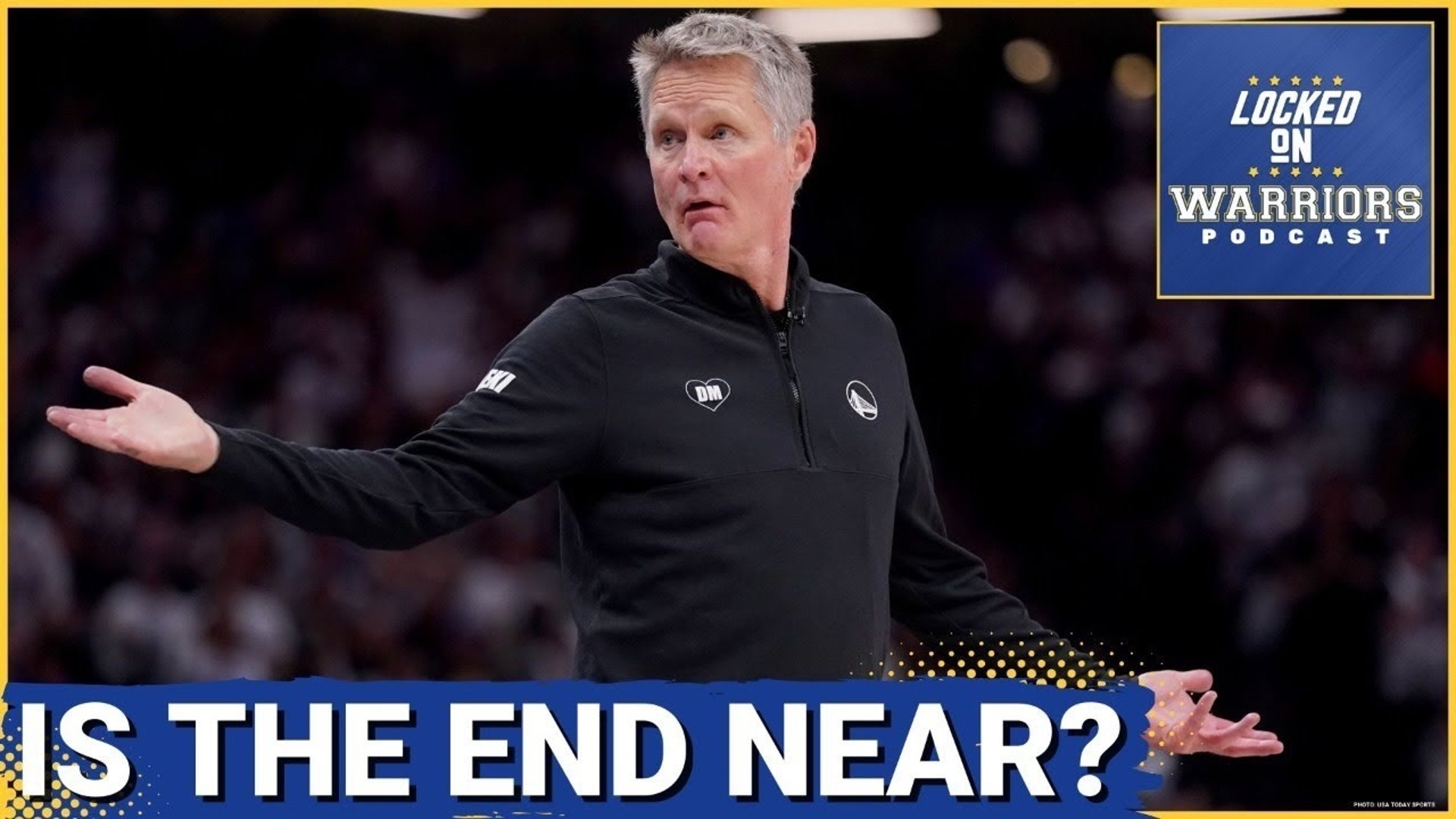Earl Lloyd, the first black player in NBA history, died Thursday. He was 86.
Lloyd's alma mater, West Virginia State, confirmed the death. It did not provide details.
Lloyd made his NBA debut in 1950 for the Washington Capitals, days before fellow black players Sweetwater Clifton and Chuck Cooper played their first games.
"When Earl stepped out on the court on that fateful date in 1950, this remarkable man rightfully earned his place in the historic civil rights movement and, more important, he opened the door to equality in America," West Virginia State president Brian Hemphill said in a released statement.
The 6-foot-5 forward averaged 8.4 points and 6.4 rebounds in 560 regular-season games in nine seasons with Washington, Syracuse and the Detroit Pistons. He missed the 1951-52 season while serving in the U.S. Army.
Lloyd played for the Pistons in 1958-60, averaging 8.6 points, 5.9 rebounds and 1.3 assists. He also was 22-55 as Detroit's coach in 1971-72 and the first nine games of the 1972-73 season.
Lloyd, then 22, broke the color barrier in the NBA when his Capitols beat the Rochester Royals, 78-70, on Halloween night in 1950. A crowd of 2,184 watched in Rochester, N.Y. Lloyd scored six points and grabbed a game-high 10 rebounds.
"That first game was really uneventful, and there was no publicity on it," Lloyd told the Free Press in 2004. "Remember, at the time, the NBA was this little ho-hum league. Some high schools drew more fans to games.
"When you're treated as a fourth-class citizen your whole life, it's been drilled in that you're inferior. But I had a great revelation: We all put our pants on the same way, and I proved that I belonged."
Lloyd also became the league's first black assistant coach in 1960 and the first non-playing black head coach when he was hired by the Pistons in 1971.
"Throughout my career, I never experienced one covert racist incident with a teammate or opponent perhaps because the basketball players were college-educated and so many had played with blacks before," Lloyd told the Free Press.
Fans were a different story, though, and in cities like St. Louis, Fort Wayne and Baltimore, Lloyd often was prohibited from eating in restaurants or staying at the team's hotels.
Lloyd heard fans screaming racial epithets, and although he never confronted it, the insults weren't ignored. "My folks taught me, 'Never dignify ignorance.' There were some nasty people spilling venom, but that meant I was playing well. It just made me play harder," Lloyd said.
In Washington's second road game, Lloyd experienced an act of kindness from a white person that has remained with him a lifetime.
"We stayed in a Fort Wayne hotel, but I was prohibited from eating in the restaurant, " Lloyd said. "My coach, Bones McKinney, a Southerner, came up to my room and said he wanted to eat with me. I said, 'Bones, you've got nine other players downstairs, you gotta take care of your team. The important thing is I know how you feel.' I told Bones how much I appreciated the gesture."
In 1955, Lloyd and Jim Tucker became the first black players to play on a championship team when the Syracuse Nationals defeated the Fort Wayne Pistons in a seven-game series.
After six seasons in Syracuse, Lloyd and Dick Farley were sold in 1958 to a Pistons team that had relocated to Detroit the previous year. The Pistons' lineup included Sweetwater Clifton and another black player, 7-foot center Walter Dukes.
For Lloyd, moving to Detroit "felt like a butterfly emerging from a cocoon."
"Syracuse was a great stop professionally, but Detroit was really something special," Lloyd said. "I had a real love affair with the town. Over the next 42 years, I forged some great relationships there, made lifelong friends and was given many opportunities."
Lloyd played two seasons for the Pistons, then retired at age 32 to become the team's and the league's first black assistant coach.
"In training camp for the '60-61 season, my coach, Dick McGuire, asked if I would be his assistant coach, but I wasn't ready to stop playing," Lloyd said. "But when we played Philadelphia in Hershey, Pa., for an exhibition game, I saw Wilt Chamberlain for the first time. I quit right there. I said, 'Coach, the guy isn't real. You've got your assistant coach.'"
Throughout the 1960s, Lloyd continued his association with the struggling franchise by also serving as a scout and television commentator.
"It was especially frustrating for me because the Pistons would have been so much better if they had followed more of my scouting recommendations. I suggested they draft two players from small black colleges, but they passed on them. They just happened to be future Hall of Famers Earl Monroe and Willis Reed."
In November 1971, when Pistons head coach Butch van Breda Kolff quit unexpectedly, Lloyd resigned from his position with Chrysler Corp. and returned to the Pistons as the NBA's first black bench coach. (Before Lloyd, Bill Russell, Al Attles and Lenny Wilkins had been hired as player-coaches.)
Seven games into his second season, Lloyd was fired and replaced by Ray Scott. Although Lloyd describes his brief head coaching stint as "disastrous, " the team was without star Dave Bing for much of Lloyd's first season because of a detached retina.
Lloyd then worked for the Detroit Board of Education and later for Bing, founder and CEO of Detroit-based Bing Steel. In 1999, Lloyd and his wife, Charlita, retired and moved to Tennessee.
He was inducted into the Basketball Hall of Fame in 2003 as a contributor.


